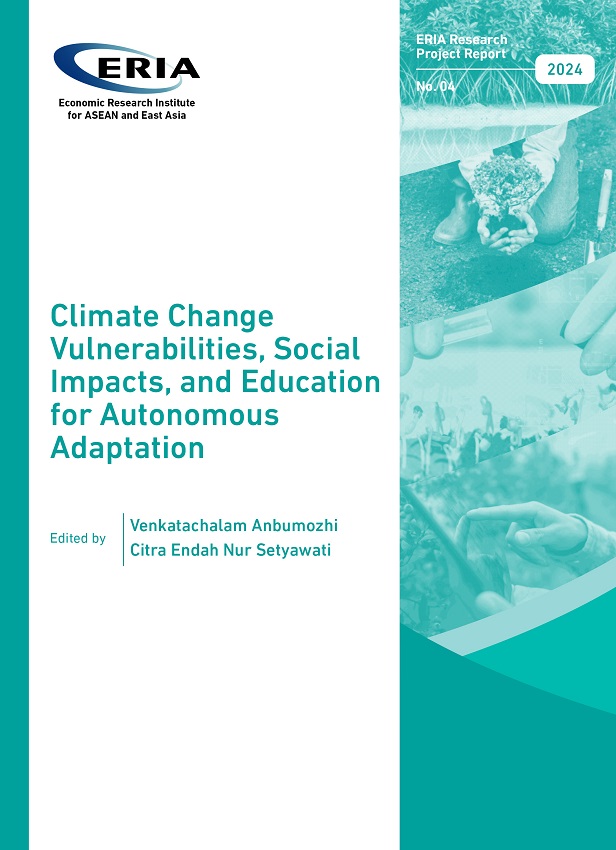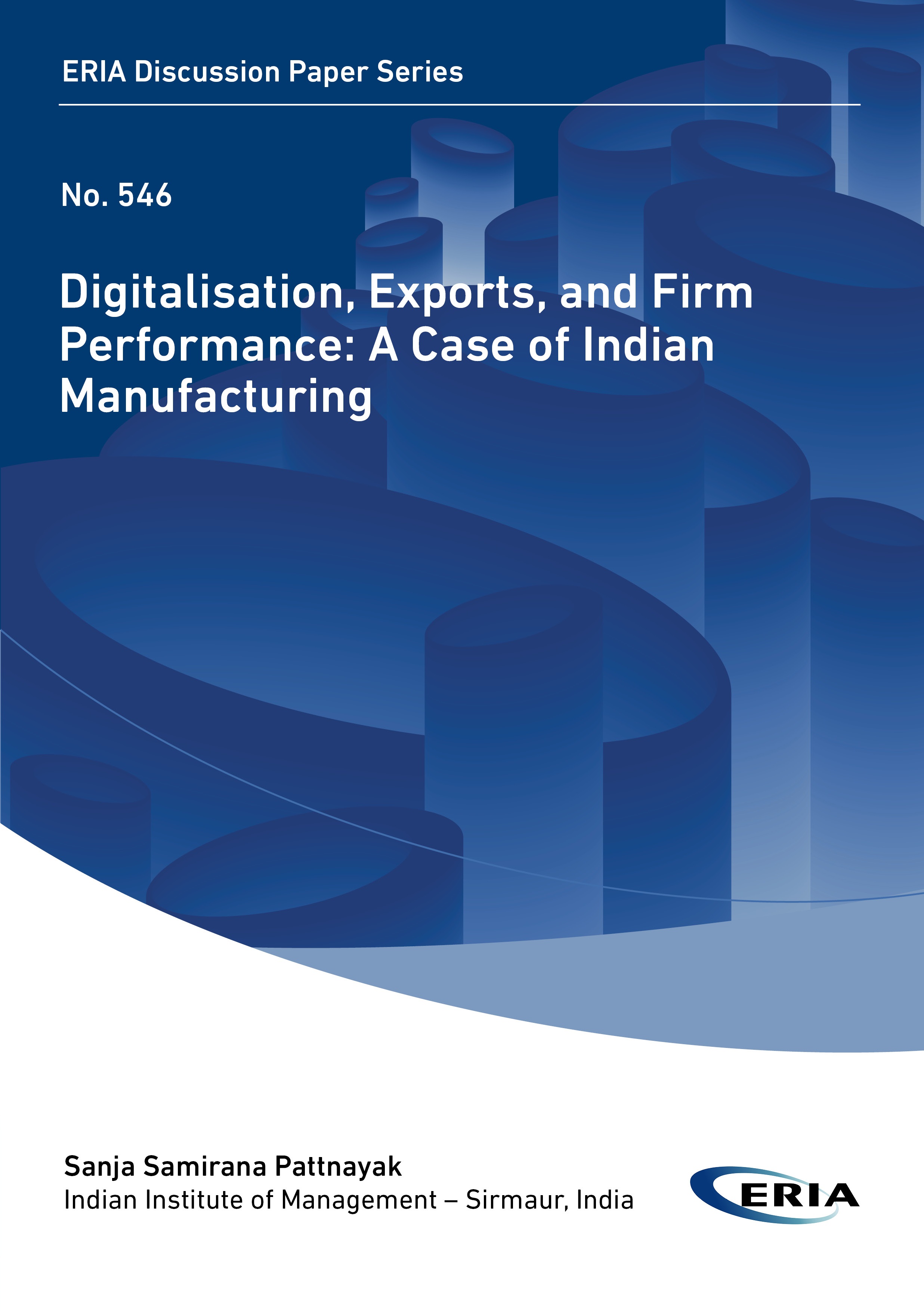Climate Change Vulnerabilities, Social Impacts, and Education for Autonomous Adaptation

Date:
3 July 2024Category:
Agricultural Development, Education, Training, and Human Capital, Environment and Climate Change, Innovation and Technology, Poverty and Sustainable Development GoalsType:
Research Project ReportsTags:
Climate Change Vulnerabilities, Social Impacts, Education, SustainabilityPrint Article:
Southeast Asian economies are highly vulnerable to climate change due to extensive coastlines, densely populated low-lying areas, and dependence on natural resources. Rising temperatures, erratic rainfall, and extreme weather events threaten ecosystems, livelihoods, and social stability. This book explores these vulnerabilities and their social consequences, focusing on the importance of education in fostering autonomous adaptation.
Examining the impacts on agriculture, food security, and infrastructure, the book sheds light on the social inequalities exacerbated by climate change. It emphasises the need for education to empower communities to adapt independently. By promoting knowledge of climate science, sustainable practices, and risk reduction strategies, education for autonomous adaptation equips individuals, communities, and governments to navigate the challenges and build resilience.
Case studies and regional analyses discussed in the chapters showcase successful autonomous adaptation initiatives driven by local knowledge and traditional practices. The book argues for integrating climate change education into formal and informal learning systems, fostering collaboration between governments, educators, and communities. This comprehensive approach empowers Southeast Asia to adapt, mitigate, and build a more sustainable future in the face of climate change.
Addressing climate change vulnerabilities and social impacts through education and autonomous adaptation is imperative for fostering resilience and sustainable development. By leveraging local knowledge, enhancing educational initiatives, and integrating climate considerations into policy and practice, regions like Southeast Asia can better navigate the challenges posed by climate change. Autonomous adaptation, social impacts, and agricultural sector adaptation are amongst the topics covered in this book, which provides a framework for evaluating vulnerability in Southeast Asia and beyond.
This book offers essential insights and strategies for policymakers, educators, and researchers, contributing to a more climate-resilient and sustainable future.




